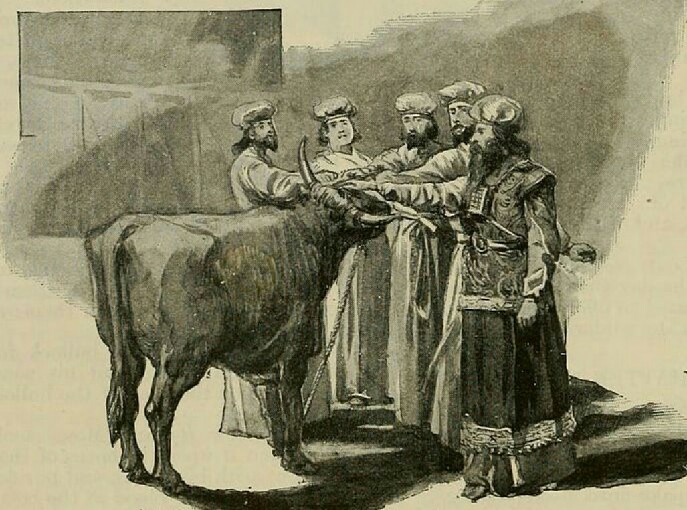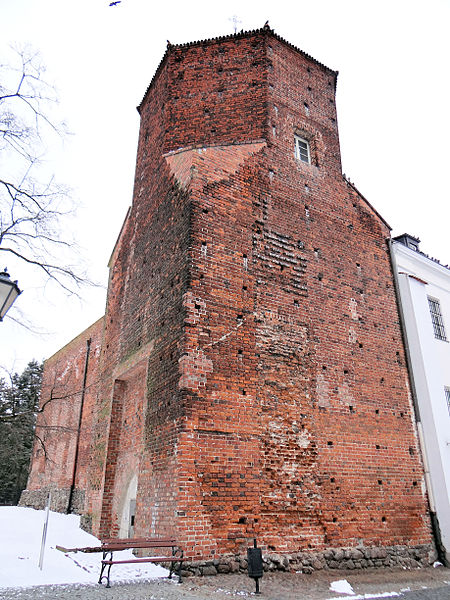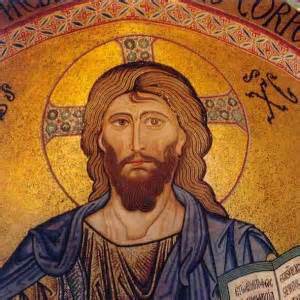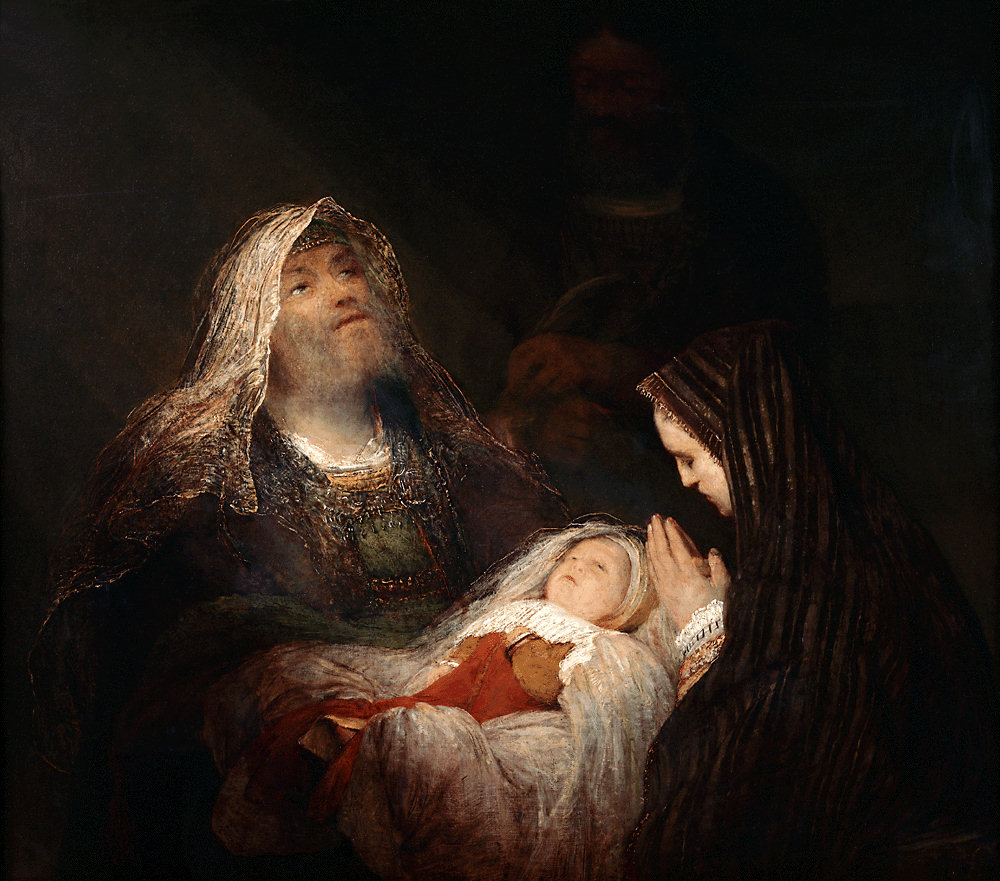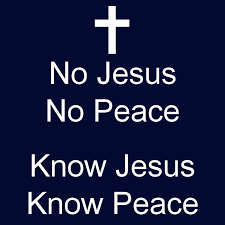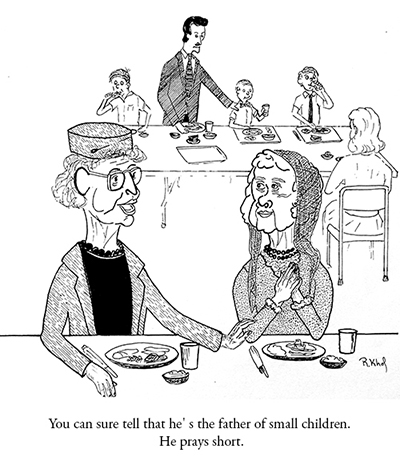If he brings a lamb as his sin offering, […] Then he shall lay his hand on the head of the sin offering, and kill it as a sin offering at the place where they kill the burnt offering.
Leviticus 4:32-33
My memories of the special children’s gospel meetings in the 1950’s were that all the evangelists wore suits and ties and did “chalk talks,” where they drew pictures at the same time that they preached. One vivid image that I still carry in my mind is a picture of a little lamb lying dead on an altar of stones. A small river of blood flowed down the rocks and onto the ground below. The preacher used special chalk, so when the chapel lights were turned off and the black light came on, the drawing changed. In the background, we could see a cross, and at the bottom of the paper, the words “Sin Offering” were written in red as if they were formed from the blood of the lamb.
As a child, I thought that only lambs could be used for a sin offering. Later, I found out that bulls, goats, and even pigeons could be used, depending on who sinned (priests and leaders had to give more costly sacrifices for their sins). Another thing I learned was that this ceremony only covered unintentional sin (Leviticus 4:27). If a person sinned willfully and knew that he was breaking God’s command, no atonement or forgiveness was given.
Perhaps the most surprising thing I learned from studying Leviticus 4 was that the sinner had to kill his own lamb; the priest didn’t do it for him. The person would put his hands on the head of the animal and confess his sins before killing his sacrifice. This would make “the wages of sin is death”(Romans 6:23) real and show the sinner clearly that a substitute was needed so he could live.
Jesus Christ is our wonderful Sin Offering who took away our sins: Past, present, and future. He took away the sins we did without thinking, as well as those done in purposeful rebellion. The Savior died so that we might live. Jesus not only deserves a “thank you”; He deserves our willing obedience.
December 23
